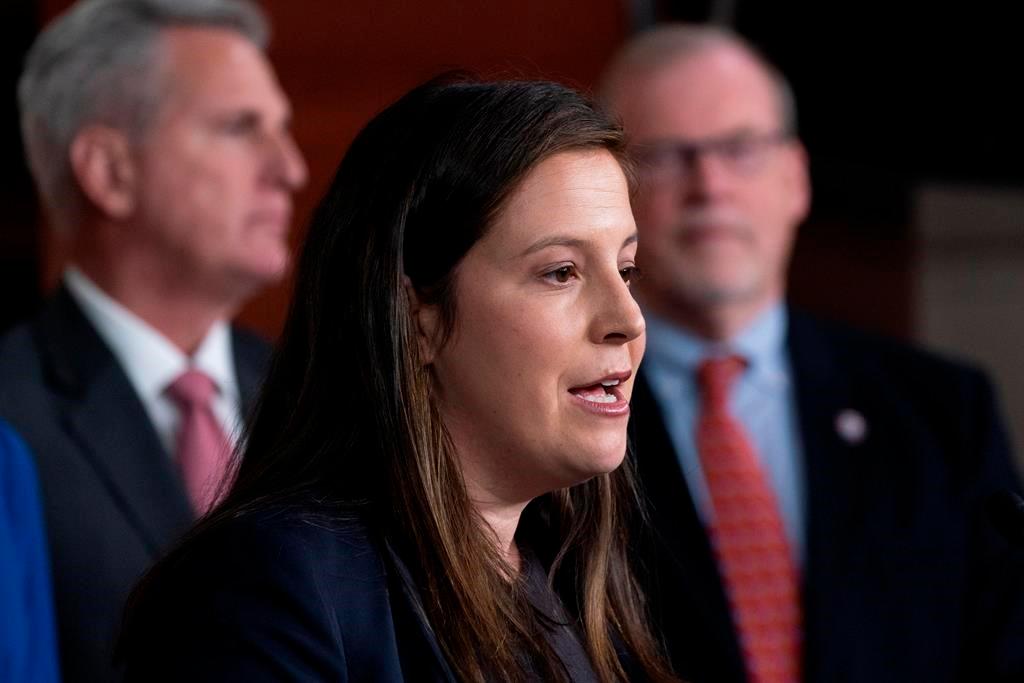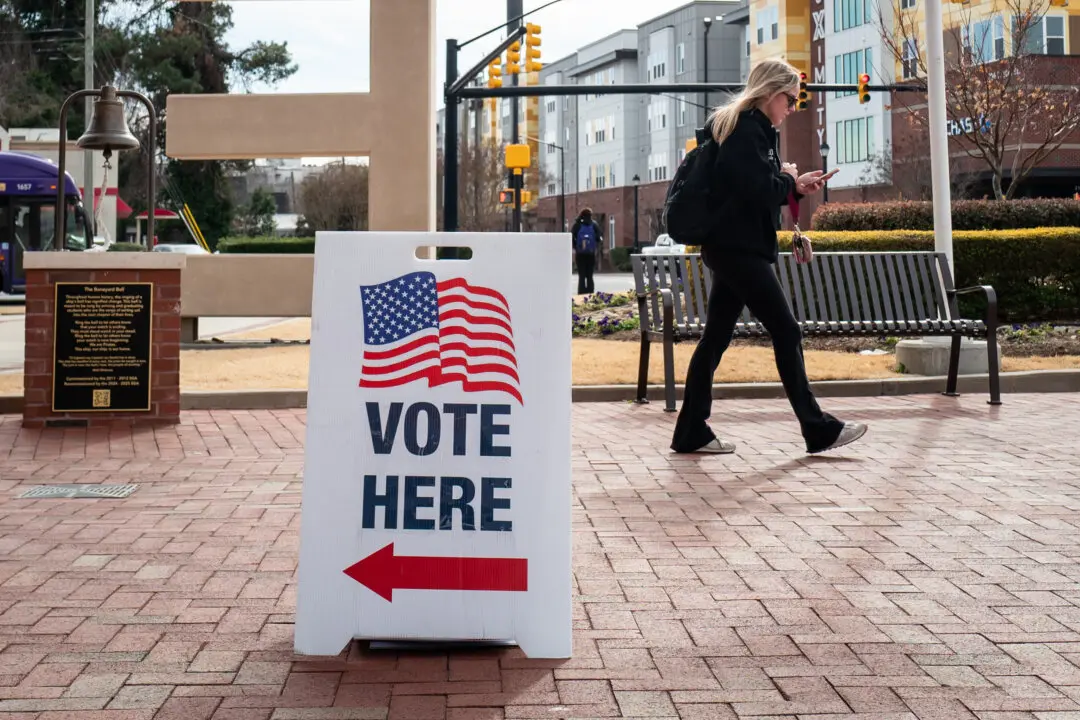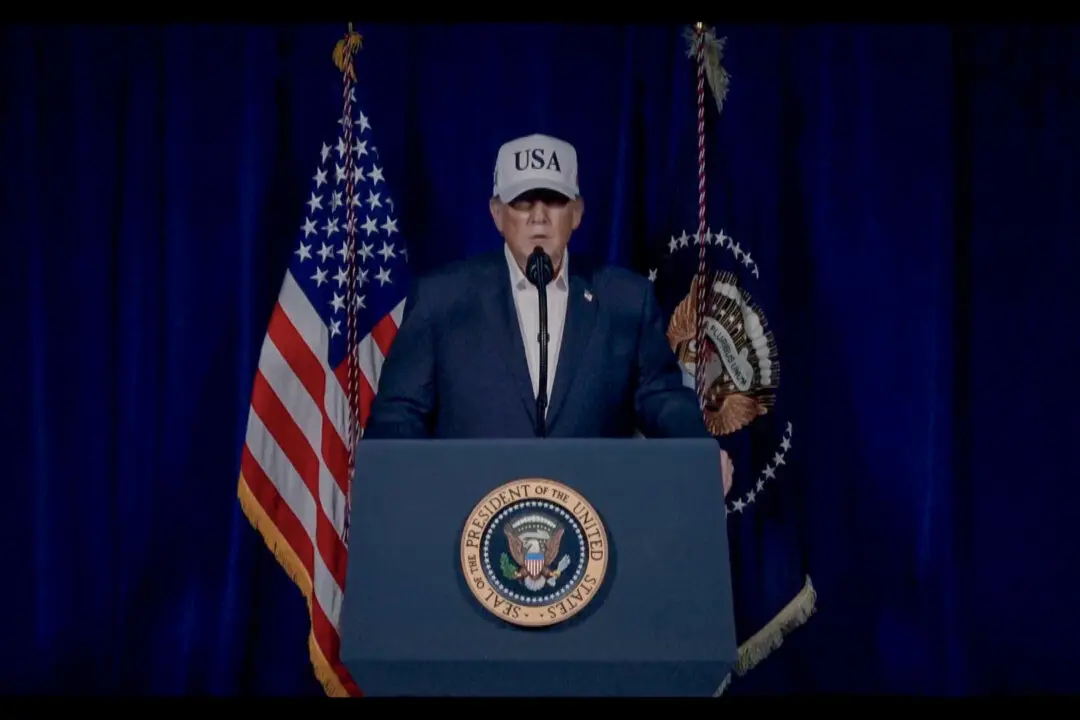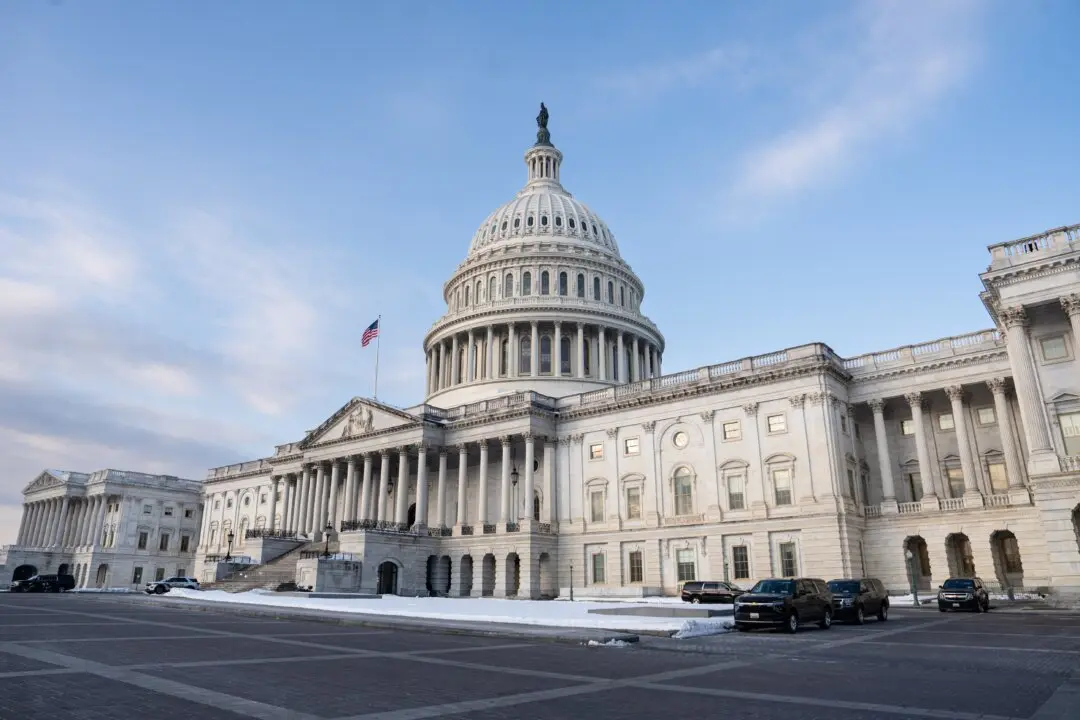Support for the trucker convoy, which was designed to protest vaccine mandates imposed on truckers by the U.S. and Canadian governments, is growing among Republicans.
In January, President Joe Biden and Canadian Prime Minister Justin Trudeau each put rules in place requiring that truckers crossing international lines show proof of vaccination against the Chinese Communist Party (CCP) virus. The move was extremely unpopular among truckers, and in Canada, hundreds of truckers formed a “Freedom Convoy” to protest the mandate in Ottawa, Canada’s capital city.





